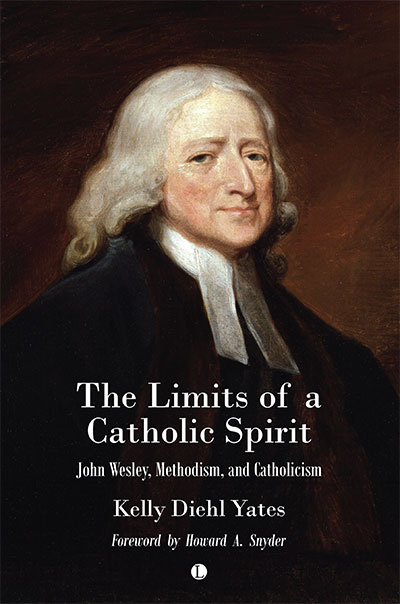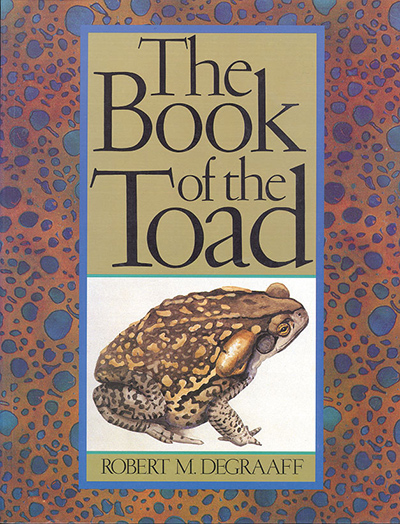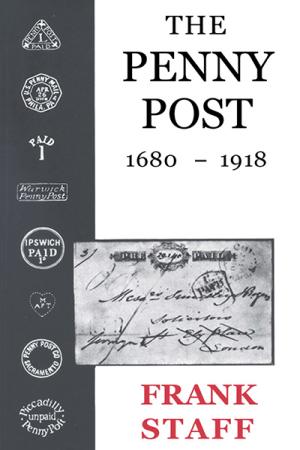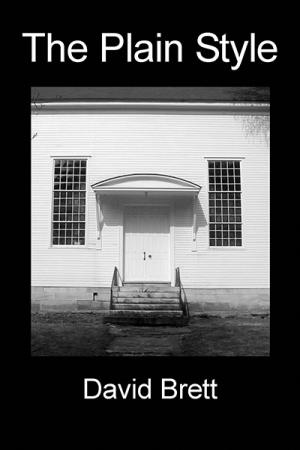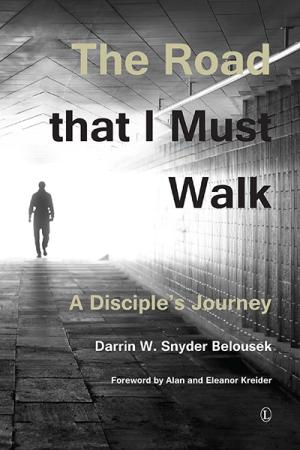Description
The Limits of a Catholic Spirit presents an extraordinary, in-depth study of John Wesley’s relationship with Catholicism, examining the limits to which Wesley, as an evangelical Protestant, practiced his ideal of a Catholic spirit. Through the use of rare primary sources from the National Archives, Kelly Diehl Yates provides a refreshing investigation of Wesley’s interaction and strained relationship with Catholicism, taking the path less trodden in studies of his theology. While revisionist scholars argue that Wesley proposed principles of religious tolerance in his sermon, Catholic Spirit, Yates argues that he did not expect unity between Protestants and Catholics, remaining wedded to anti-Catholic beliefs himself.
By paying attention to this previously unfilled gap in Wesley studies, Yates’ exemplary historical and critical study tackles questions which have beset Wesley scholars for decades, including Wesley’s relationship with the Jesuits, Jacobitism, the anti-Catholic Gordon Riots of 1780, and his time in Ireland. Grounded in historical case studies, Yates explores these questions from a fresh perspective, providing answers to these questions, and more.
About the Author
Kelly Diehl Yates holds a PhD from the University of Manchester in historical theology with research interests in John and Charles Wesley, the early Methodist movement and eighteenth-century British anti-Catholicism. Yates is currently part of the pastoral staff at Oklahoma City First Church of the Nazarene, and teaches for Indiana Wesleyan University.
Contents
Foreword by Howard A. Snyder
Acknowledgments
Abbreviations
1. Introduction
2. Foundations of a Catholic Spirit
3. A Catholic Spirit and Jacobitism
4. A Catholic Spirit and Conversion in Ireland
5. Jesuitism, Popery, and a Catholic Spirit
6. The Gordon Riots and a Catholic Spirit
7. A Catholic Spirit and Catholic Devotional Materials
8. Conclusion
Appendix 1
Appendix 2
Bibliography
Index
Endorsements and Reviews
By providing the first book-length historical study of John Wesley and Catholicism, Yates has broken new ground. This balanced study shows convincingly that Wesley paradoxically put into practice his ideal of a catholic spirit yet was also a purveyor of popular anti-Catholicism. For anyone interested in Wesley, Methodism, Catholicism, and ecumenical relations, this is both an essential and rewarding read. Geordan Hammond, Director of the Manchester Wesley Research Centre, Nazarene Theological College, Manchester, UK
In this carefully argued and engaging work, Yates not only shows that the sermon ‘Catholic Spirit’ was never intended for easing relations with Roman Catholics themselves but also that Letter to a Roman Catholic was drafted by and large to win their trust so that they would be then open to evangelical conversion. Beyond this, in opposing the lifting of the penal laws, John Wesley’s deeply embedded anti-Catholicism remained despite twenty-first-century revisionist attempts to tidy things up. Kenneth J. Collins, Professor of Historical Theology and Wesley Studies, Asbury Theological Seminary
Yates presents a balanced historical investigation of a neglected subject, John Wesley’s troubled relationship with Roman Catholicism. She shows how Wesley’s devotion to the early fathers, to primitive church discipline, and to his life-long Arminianism led to recurring but misplaced charges of ‘popery’ and ‘Jesuitism’ by Anglican and Calvinist critics, compounded by misguided perceptions of Jacobite sympathies. She explores the nature and basis of Wesley’s enduring anti-Catholic proclivities, exemplified in his writings and experiences in Ireland, while doing full justice to his admiration for Roman Catholic devotional literature. She explains how this spiritual irenicism coexisted with his doctrinal and political anti-Catholicism. The end result is a coherent and measured analysis of the subtle complexities and tensions in Wesley’s thought and practice. Peter Nockles, Honorary Research Fellow, University of Manchester
A careful and judicious examination of John Wesley’s ‘catholic spirit.’ Steering a middle course between the Scylla of anachronistic ecumenism and Charybdis of anti-Catholic fundamentalism, Yates’s contribution to Methodist scholarship is essential reading. Joel Houston, Assistant Professor of Theology, Briercrest College and Seminary

